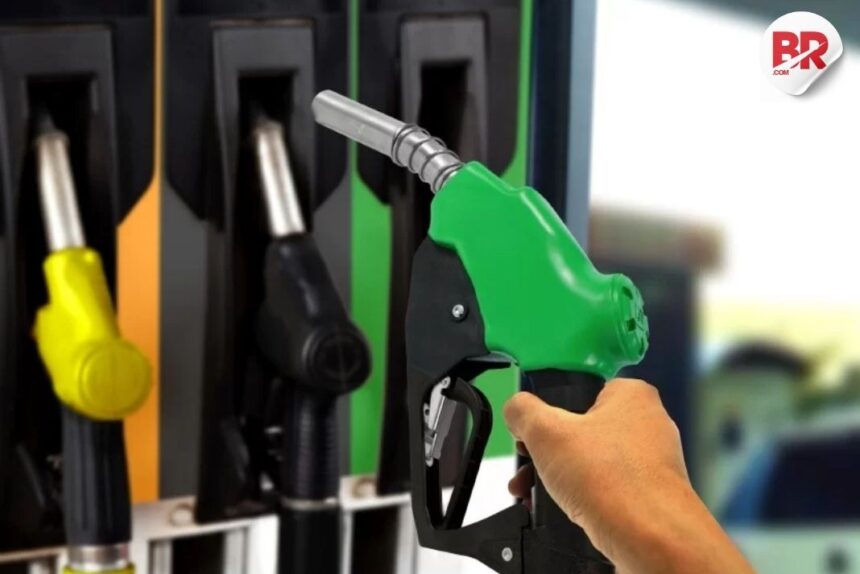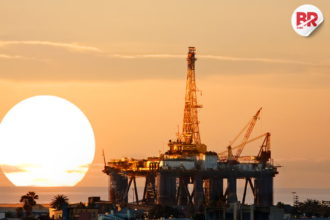
Fuel Excise Duty Hike: A Story of Accountability and Controversy
In a strong move against the Modi government’s decision to hike excise duty on petrol and diesel, the Congress party has demanded a thorough investigation into how the increase has benefited private firms. They argue that the government has been “looting” the common people, while private and government oil companies are making significant profits. Congress claims that the government’s policies are unfairly benefiting private players at the expense of the public.
Congress’s Concerns Over Rising Fuel Prices
The fuel excise duty hike is one of the most significant issues at the center of this controversy. According to Congress general secretary Jairam Ramesh, the excise duty on petrol has risen by 357%, from Rs 9.20 per liter in 2014 to Rs 19.90 per liter in 2025.

Similarly, the excise duty on diesel has increased by 54%, from Rs 3.46 per liter to Rs 15.80 per liter. This has led to a significant rise in fuel prices for consumers.
In Delhi, the price of petrol has gone up from Rs 71.41 per liter in 2014 to Rs 94.77 per liter today. Similarly, diesel prices have risen from Rs 55.49 to Rs 87.67.
These increases have added a considerable financial burden on Indian citizens, and Congress believes the government is unjustly profiting from it.
Also Read: Oil Market Just Hit Pause—But for How Long? The Truth Behind the Calm!
The Link Between Rising Excise Duties and Profits for Oil Companies
Ramesh highlighted that, over the past 11 years, the Indian government has earned an astounding Rs 39.54 lakh crore from petroleum products. Despite these earnings, the government has not offered any relief to the common people. This has led to accusations that the government is exploiting the citizens economically, while private and government oil companies continue to make huge profits.
The government claims that crude oil prices have fallen by 40% over the past few years, yet fuel prices remain high. In 2014, crude oil was priced at $108 per barrel, but today it is priced at $65.31 per barrel.
Ramesh argues that this price drop should have been reflected in fuel costs, but instead, the government has hiked excise duties without any real benefit for the citizens.
Calls for Accountability and Audits
In light of these concerns, Congress has called for several key actions. First, they demand a thorough audit by the Comptroller and Auditor General (CAG) to examine how government policies have benefited private companies.
The party has also demanded that the Central Vigilance Commission (CVC) and Central Bureau of Investigation (CBI) investigate whether there has been any negligence or collusion in setting the excise duties. According to Congress, if there is any evidence of deliberate wrongdoing, those responsible should be held accountable.
Also Read: Government’s ₹2 Fuel Tax Hike: What It Means for Your Wallet
A Deepening Divide: Government and Opposition
This demand for accountability has sparked a fresh wave of political tension. While the opposition has been vocal in criticizing the excise duty hike, the government has defended its policies. Government officials argue that the revenue generated from higher excise duties is crucial for funding essential projects and maintaining infrastructure. However, critics question whether these funds are being used responsibly and whether the burden on citizens is justified.
The Way Forward
As the political debate heats up, the demand for an audit and investigation into the fuel excise duty hike continues to grow. Congress believes that transparency is essential in understanding how the policies have benefited private oil companies. The question of whether the government’s actions have been in the best interest of the people remains a central issue in the national discourse.
With the fuel excise duty hike continuing to affect millions of citizens, both Congress and the government are unlikely to back down without further scrutiny. The next steps may involve formal investigations and audits, which could potentially uncover key insights into the relationship between government policy and private industry profits.
Also Read: As LPG Price Hike Burns Household Budgets, Govt Spends Big on Prestige Projects












